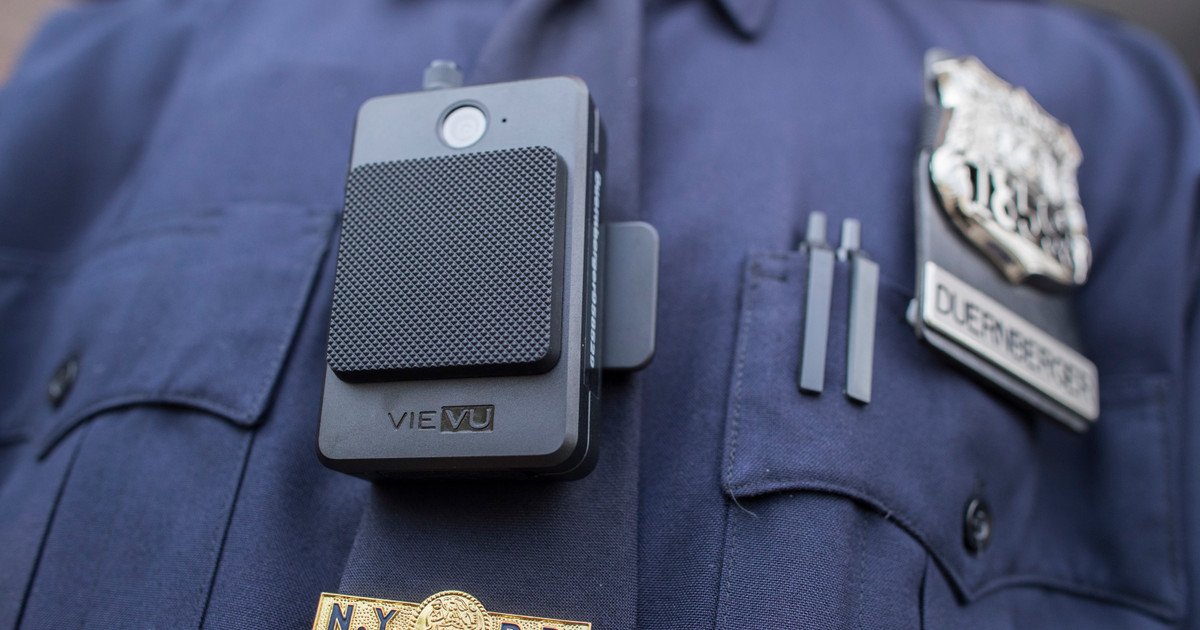ProPublica editor-at-large Eric Umansky started investigating police oversight after an NYPD officer hit a teenager with a car in 2019. In the years since, he’s learned how police departments have undermined the promise of body-worn cameras.
I got my first real lesson in police accountability in 2019 on Halloween. My wife, Sara Pekow, and our daughter had watched an NYPD officer drive the wrong way up a Brooklyn street and hit a Black teenager. The police had been chasing him as a suspect in the theft of a cellphone. When the boy rolled off the car and ran away, the officers turned their attention to other nearby Black boys who seemed to be simply trick-or-treating. The police lined them against the wall of our neighborhood movie theater, cuffed them and took them away.
At the time, I was editing coverage of the Trump administration, not policing. But I was troubled and, frankly, curious. I ended up waiting outside the police precinct with the boys’ families. The boys were released hours later, with no explanation, no paperwork and no apology.
The next day I reached out to the NYPD’s press office and asked about what happened. Eventually, a spokesperson told me that nothing inappropriate had occurred. A police car hadn’t hit the kid, he said. The kid had run over the hood of the car.
I couldn’t get it out of my head. Not just what had happened, but the NYPD’s brazen denial of what my family and others had witnessed. Surely, I thought, that wouldn’t be the end of it.
I was wrong.



I have always felt like everything from a public officer should be streamed in real time and laws should work around that. I have no doubt I haven’t thought about that enough, but the benefits seem to outwit the negatives. I’ve had the cops called on me and I’ve called the cops on others. never is it a good experience, but to have a true record… well, I wouldn’t want it on my resume; hmm. I guess it could hurt people. even if they see everything the cops do it may not show the whole story. Good point.